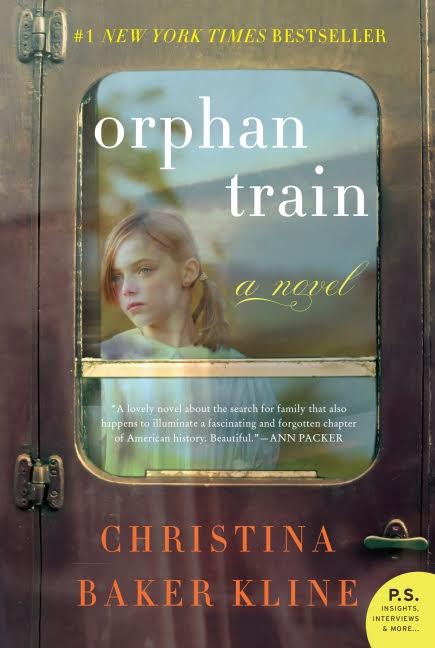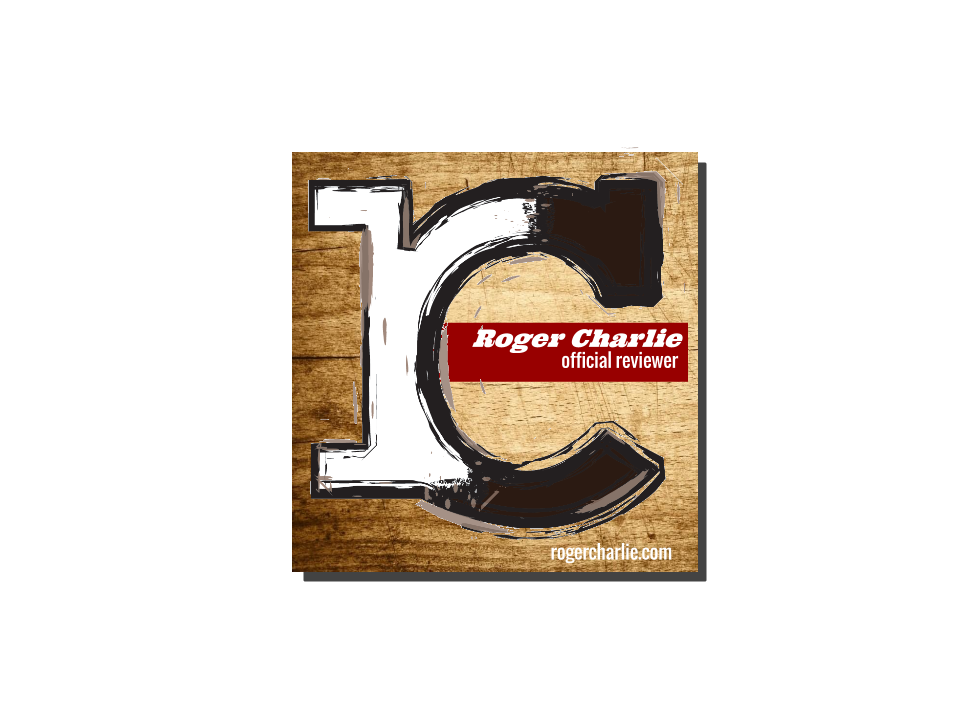
• Paperback: 320 pages
• Publisher: William Morrow Paperbacks
Christina Baker Kline’s #1 New York Times bestselling novel—the captivating story of a 91-year-old woman with a hidden past as an orphan-train rider and the teenage girl whose own troubled adolescence leads her to seek answers to long-buried questions…now with an extended scene that addresses the number one question readers ask, and an excerpt from Kline’s upcoming novel A Piece of the World
“A lovely novel about the search for family that also happens to illuminate a fascinating and forgotten chapter of America’s history. Beautiful.”—Ann Packer
Between 1854 and 1929, so-called orphan trains ran regularly from the cities of the East Coast to the farmlands of the Midwest, carrying thousands of abandoned children whose fates would be determined by pure luck. Would they be adopted by a kind and loving family, or would they face a childhood and adolescence of hard labor and servitude?
As a young Irish immigrant, Vivian Daly was one such child, sent by rail from New York City to an uncertain future a world away. Returning east later in life, Vivian leads a quiet, peaceful existence on the coast of Maine, the memories of her upbringing rendered a hazy blur. But in her attic, hidden in trunks, are vestiges of a turbulent past.
Seventeen-year-old Molly Ayer knows that a community service position helping an elderly woman clean out her home is the only thing keeping her out of juvenile hall. But as Molly helps Vivian sort through her keepsakes and possessions, she discovers that she and Vivian aren't as different as they appear. A Penobscot Indian who has spent her youth in and out of foster homes, Molly is also an outsider being raised by strangers, and she, too, has unanswered questions about the past.
Moving between contemporary Maine and Depression-era Minnesota, Orphan Train is a powerful novel of upheaval and resilience, of second chances, and unexpected friendship.
Purchase Links
HarperCollins | Amazon
Review:
Molly Ayer is seventeen and has been kicked around the foster system in Maine for a good part of her life. With her current family, she doesn't quite fit in; her foster mom isn't too sure of Molly and is convinced that she is a bad kid. When Molly is caught stealing a copy of Jane Eyre from the library, she either has to do time in juvie or 50 hours of community service. Luckily, Molly's boyfriend hooks her up with 91 year-old Vivian, whom his mother works for. Vivian needs her attic cleaned out from an entire lifetime of memories. Molly agrees to the project and quickly finds out the she and Vivian share many experiences. As boxes are unpacked, Vivian's memory unfolds and she shares her experiences as a rider on a orphan train, her troubled placements and how they have shaped her life.
I love stories that parallel two time periods, so this book immediately appealed to me. I was also very interested in finding out about the orphan trains, a piece of American history that I didn't know much about. With many dual time stories, I am drawn into one story much more than the other; however, I was very much drawn into Molly's story in the present as well as Vivian's in 1929-1943. More than anything, Orphan Train reminds us that family is more than blood and while the past may help shape us, it does not define us. The history of the orphan train was intriguing to me, especially how the children seemed to be used more as a free employee to midwest families rather than a child. I'm sure this was not the case with all, but it seemed to happen to plenty. Vivian's story was surprising, moving, heartbreaking and showed the tremendous amount of strength and character that she needed to survive from being an immigrant to an orphan to an unwanted child. Molly's story parallels some of Vivian's, although Molly did not have nearly as rough a time as a child floating through the foster care system as Vivian did at any point in her life. Molly, however did tend to make everything more dramatic as teenagers tend to do and I would not say that Molly having to deal with her foster mom not respecting her choice to be a vegetarian was at all comparable to Vivian not having food or having to make squirrel stew to survive through the Depression. I would say that some of the characters in the present needed a little more depth to them, I really wanted to know what foster mom Dina deal was. I also really wanted to know what happened to everyone after the ending. While most things were happily resolved, I felt that there Molly and Vivian might have had more to say.
This book was received for free from HarperCollins through TLC book tours.








 RSS Feed
RSS Feed



